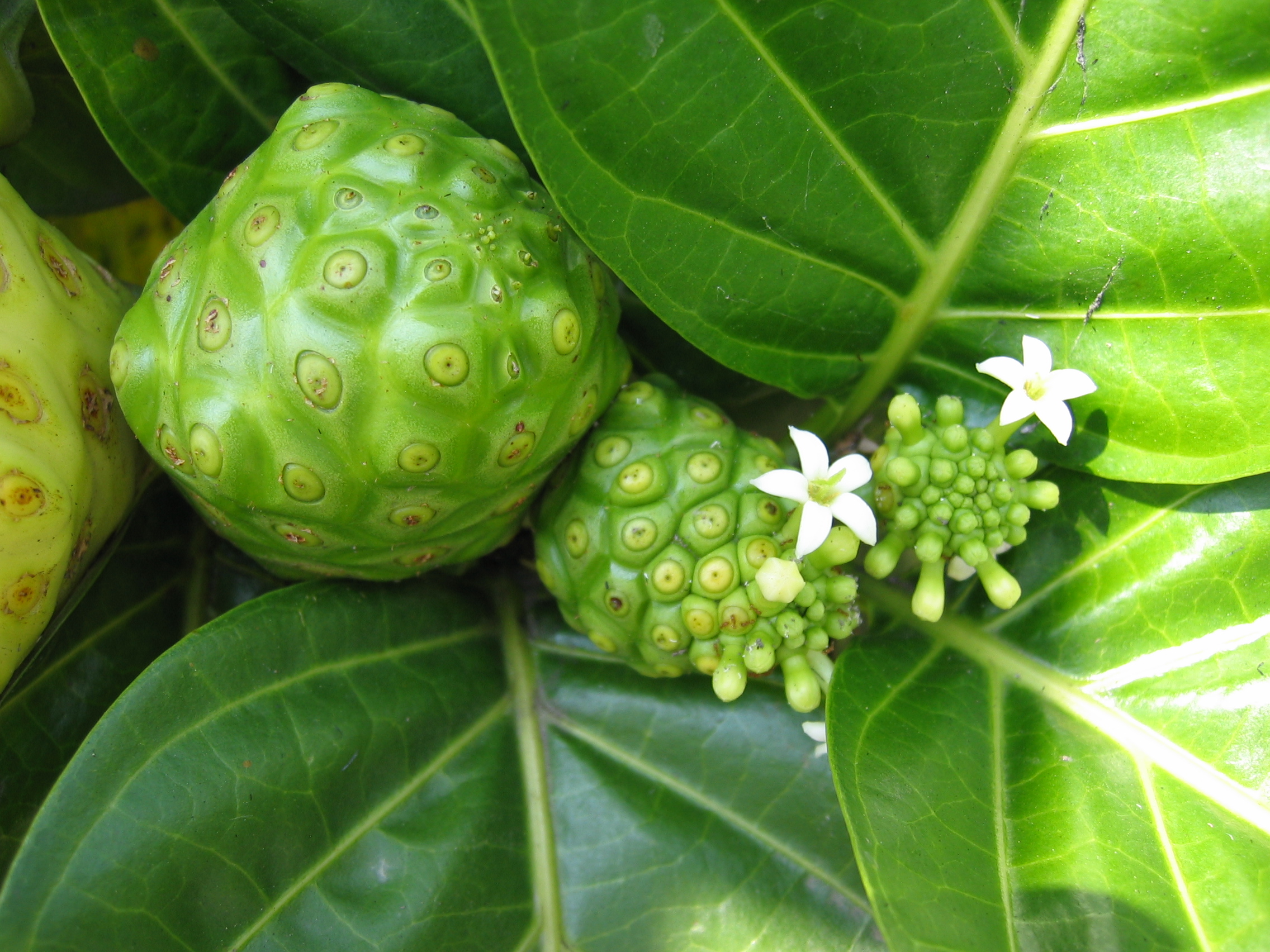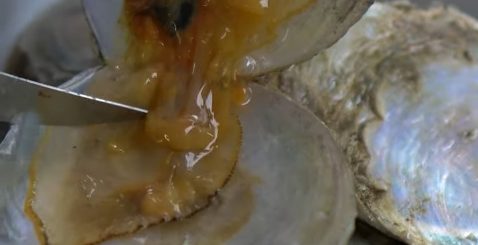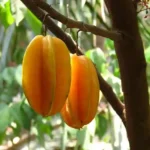Apatot

Morinda citrifolia or locally known as Apatot in the Philippines, is an erect, smooth shrub or small fruit-bearing tree about 3 to 8 meters tall. Leaves are broadly elliptic to oblong, 12 to 25 cm long, with pointed or blunted tips. Peduncles are leaf-opposed, solitary, 1 to 3 centimeters long. Flowers are not collaborate, and form dense, ovoid or rounded heads, and are 1 to 1.5 cm. Calyx is truncate. Corolla is white, 1 cm long; limb is 5-lobed, 1 cm in diameter. Fruit is fleshy, white or greenish white, ovoid, 3 to 10 cm long, with unpleasant odor but edible.
It is native to the Philippines, found chiefly along or near the seashore throughout the archipelago. Also native to Southeast Asia and Australasia, which was spread across the Pacific by Polynesian sailors. The species is now cultivated throughout the tropics and widely naturalised. There are over 100 names for this fruit across different regions, including noni, great morinda, Indian mulberry, beach mulberry, vomit fruit, awl tree, and rotten cheese fruit.
In late 90’s, Apatot become famous in the Philippines for its medicinal uses. Apatot roots, stem, bark, leaves, flowers and fruit have all been used as medicine. The fruit juice in particular is very high in potassium. It also contains vitamin C, vitamin A, and many other chemicals that might help repair damaged cells in the body and activate the immune system.
People use Apatot for cancer, immune-enhancing, high blood pressure, wound healing, aging skin, diabetes and many other conditions, but there is not enough scientific evidence to support these uses.
Scientific Name: Morinda citrifolia
Family: Rubiaceae
References:
https://en.wikipedia.org/wiki/Morinda_citrifolia
https://commons.wikimedia.org/wiki/File:Noni_fruits_and_flowers_(Morinda_citrifolia).JPG
http://www.stuartxchange.org/Apatot.html
Disclaimer
Please consult your doctor before using any herbal medicine, particularly if you have a known medical condition or if you are pregnant or nursing. You are responsible for your own health. As with conventional medicine, herbal medicine is vast and complex, and must be used responsibly.










